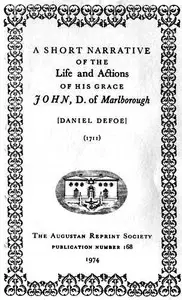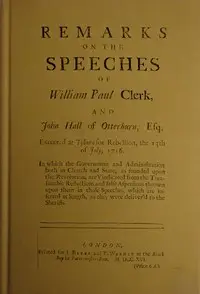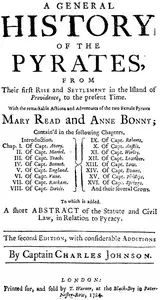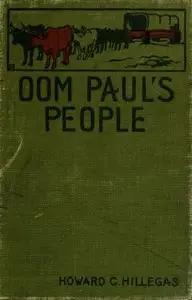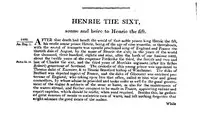"An Appeal to Honour and Justice, Though It Be of His Worst Enemies" by Daniel Defoe is a political defense published in the 1700s. The author defends himself against accusations during a politically unstable time in Britain by discussing important ideas of fairness and honesty; his pamphlet explores the complicated world of politics during his lifetime. Defoe remembers his experiences in public service to show that he always tried to stay in the middle of extreme politics. He defends his choices to clear his name after people claimed he supported the Jacobites. He insists he was faithful to the Protestant succession. He explains how his writings were misunderstood and he praises Queen Anne and Lord Godolphin, clarifying that his work was designed to support the Hanoverian succession, not hurt it. This document attempts to serve not just as a personal defense but also as a criticism of the political fighting of that time.

An Appeal to Honour and Justice, Though It Be of His Worst Enemies. Being A True Account of His Conduct in Public Affairs.
By Daniel Defoe
In a world of political turmoil, one man fights to clear his name and prove his loyalty, despite facing enemies and misunderstandings at every turn.
Summary
About the AuthorDaniel Defoe was an English novelist, journalist, merchant, pamphleteer and spy. He is most famous for his novel Robinson Crusoe, published in 1719, which is claimed to be second only to the Bible in its number of translations. He has been seen as one of the earliest proponents of the English novel, and helped to popularise the form in Britain with others such as Aphra Behn and Samuel Richardson. Defoe wrote many political tracts, was often in trouble with the authorities, and spent a period in prison. Intellectuals and political leaders paid attention to his fresh ideas and sometimes consulted him.
Daniel Defoe was an English novelist, journalist, merchant, pamphleteer and spy. He is most famous for his novel Robinson Crusoe, published in 1719, which is claimed to be second only to the Bible in its number of translations. He has been seen as one of the earliest proponents of the English novel, and helped to popularise the form in Britain with others such as Aphra Behn and Samuel Richardson. Defoe wrote many political tracts, was often in trouble with the authorities, and spent a period in prison. Intellectuals and political leaders paid attention to his fresh ideas and sometimes consulted him.




